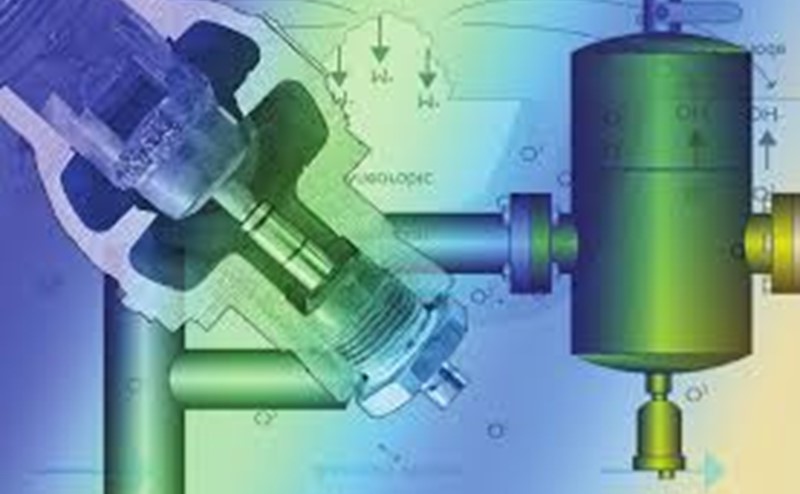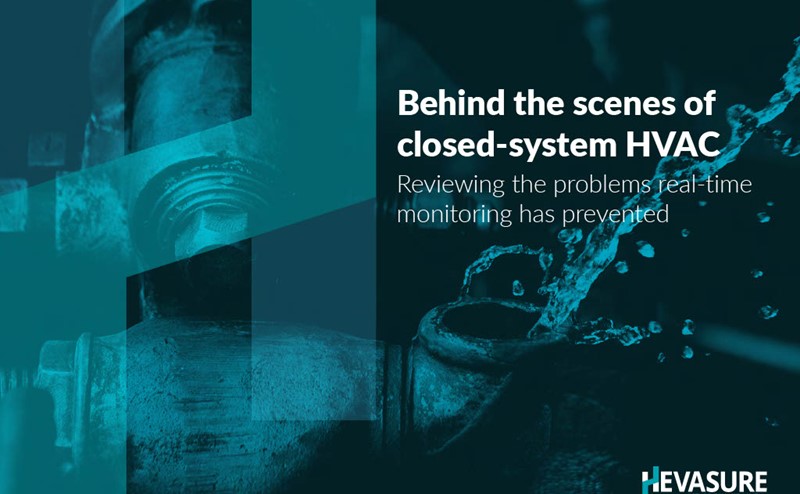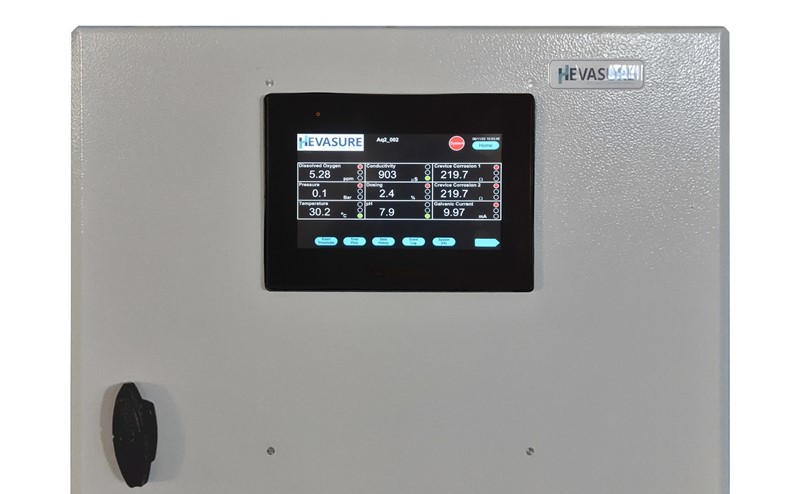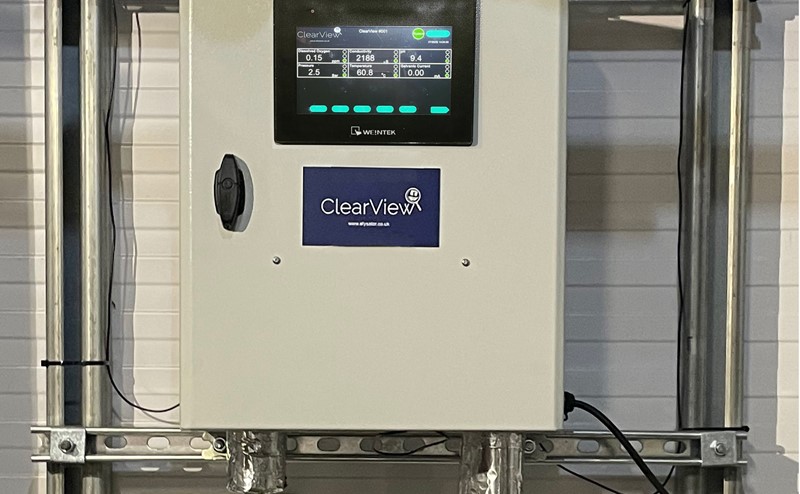
BSRIA Guide - BG50/2013: Water Treatment for Closed Heating and Cooling Systems
What is BG50?
BG50/2013 is a BSRIA guide that provides best-practice advice regarding water treatment for closed heating and cooling systems, including low temperature hot water heating systems, heat pump and chilled water systems, and condenser water circuits.
Covering everything from design through to ongoing maintenance, Hevasure’s real-time condition monitoring technology is a real asset for facilities managers and building maintenance teams looking to meet BG50’s recommendations.
Who is BG50/2013 for?
BG50 provides guidance relevant to anyone responsible for the management of closed heating and cooling systems, including maintenance engineers and facilities managers.
What areas does BG50 cover?
The BSRIA guide to water treatment in closed systems explains how system cleanliness, performance and extended life of plant and components can be achieved through:
- Good system design from the outset;
- Correct installation, testing and pre-commissioning cleaning in accordance with BG29/2020 prior to handover;
- Application of an appropriate and site-specific water treatment programme; and
- Effective monitoring, maintenance and management of the water treatment programme.
Why is BG50/2013 important?
Closed circuit water systems are hugely complex and are essential for the efficient operation of HVAC plant. The consequences of inadequate water system management can be disastrous, with the price of downtime, replacement and litigation potentially running into the millions.
Common problems such as microbiological fouling (biofouling), corrosion and scale can also result in poor system performance, energy wastage and expensive repairs.
BG50/2013 provides an explanation of these issues and how they can be avoided through system design features and proactive monitoring, helping FMs understand the corrosion process and how it can be mitigated.
It delivers an overview of the theory and practice of water treatment in closed circuit systems, enabling responsible parties to have meaningful and productive discussions with water treatment professionals.
Finally, BG50 offers a framework of advice upon which an appropriate water treatment programme can be designed to ensure the system is kept clean and efficient. Since its release in 2013, the technology landscape has shifted substantially and it is understood that an update is due out in 2021 which will address these changes.
How can remote monitoring technology help FMs comply with BG50/2013?
Up until the advent of Hevasure’s intelligent real-time monitoring technology, FMs and buildings owners have had to rely on sampling and corrosion coupons to identify issues, solutions which don’t provide instant results and can’t detect parameters such as dissolved oxygen – a really important indicator of potential corrosion. More about the problems with sampling, here.
Hevasure’s remote monitoring technology, when used in conjunction with a reduced sampling regime, provides a far more comprehensive and instantaneous solution.
By collecting data 24/7 on a wide range of parameters, including the real-time corrosion rate of pipework and components, unhealthy conditions can be easily spotted. Hevasure’s sensors also detect dissolved oxygen, pressure, make-up flow, dosing levels, pH, temperature and galvanic currents.
Within our intelligent monitoring system these parameters are tracked and interpreted, and excessive/sudden changes are immediately flagged-up to responsible parties with root-cause analysis. Combined with an understanding of cumulative data, an overall picture is created with trends and ‘normal’ fluctuations identified, further reducing the impulse for inappropriate interventions.
Having access to 24/7 data not only ensures closed systems work better and are less prone to corrosion, it also puts FMs back in control, resulting in fewer site visits and a reduced requirement for external contractors, contributing to keeping maintenance costs in check.
Data is easily accessible via Hevasure’s dashboard.
To find out more about how Hevasure’s intelligent corrosion monitoring technology can help FMs meet the requirements of BG50/2013, click here.







